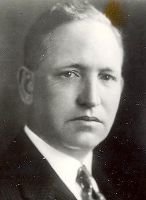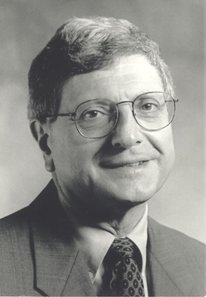The Department of Applied Economics has its roots in work on farm management and markets for agricultural products. During the first two decades of the twentieth century, faculty members at the University of Minnesota were instrumental in developing the then distinct fields of farm management and agricultural economics.
In the 1920s, under the direction of John D. Black, the scope of work expanded rapidly to include not only farm management and agricultural marketing but also land tenure, agricultural credit, production economics, consumption economics, price analysis, and farm policy.

Increases in the size of the department, expansion in the scope of activities, and enhancement of our national and international reputation for research, teaching, and extension continued through the next three decades as the department evolved along with agriculture and American society.
Our transformation from a department of agricultural economics to a department of applied economics began in the mid-1960s under the direction of Vernon Ruttan. He strengthened the emphasis on international development, regional economics, and natural resource and environmental economics, and it was during his tenure as Department Head that we became the Department of Agricultural and Applied Economics.
Since the early 1970s, the department has continued to evolve, maintaining strength in traditional areas of work, and expanding our scope to include new areas of emphasis in teaching and research. In 1995, under James Houck’s leadership, we became simply the Department of Applied Economics.
Ten years later, in 2005, under the leadership of Robert King, we made significant changes in our graduate program. Economists from the Humphrey Institute of Public Affairs, the Department of Human Resources and Industrial Relations in the Carlson School of Management; and the Division of Health Policy and Management in the School of Public Health joined our graduate faculty. This greatly expanded the scope of our program and the opportunities for our students.

